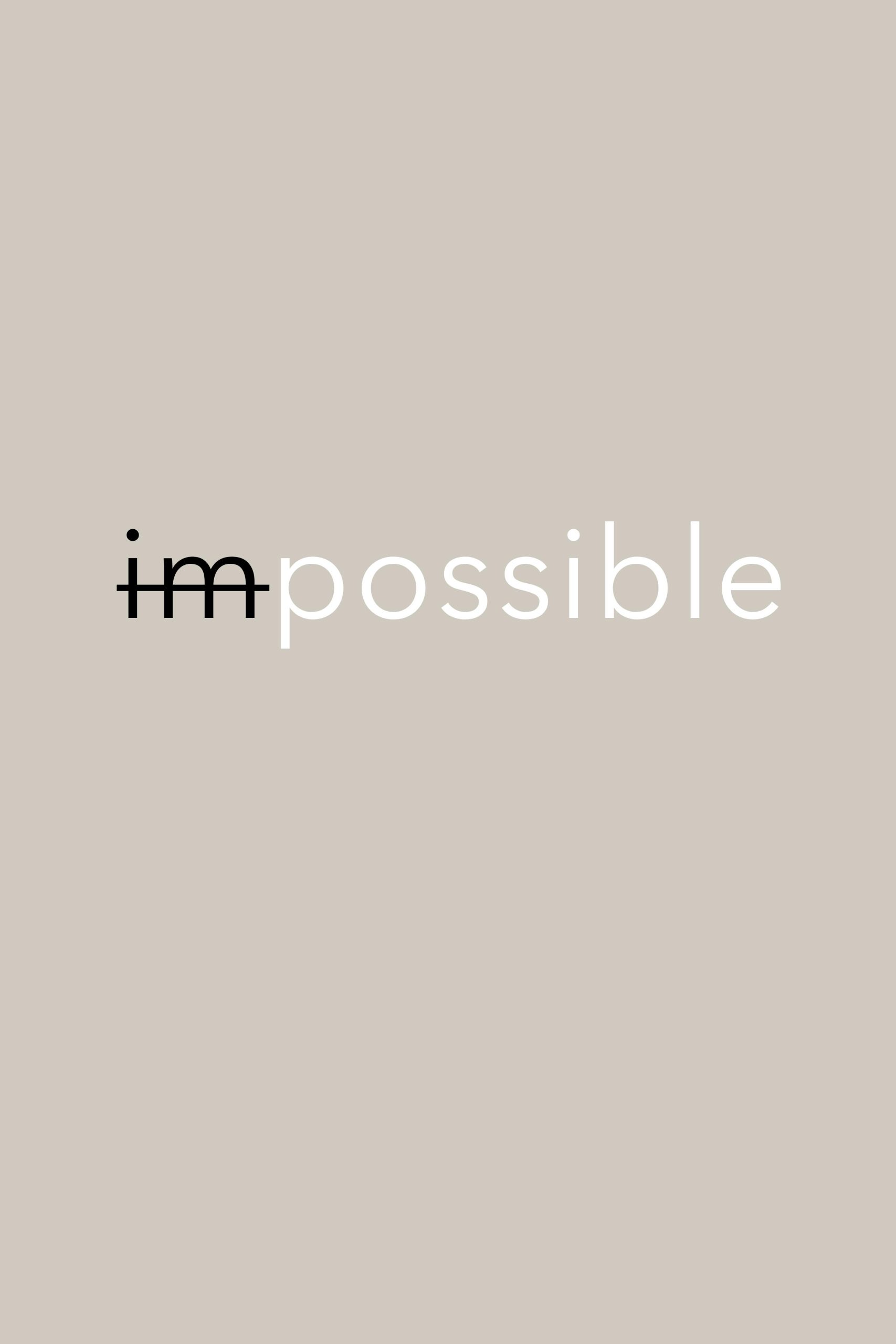Balancing Ethics and Accessibility in Public Education: A Reflection for Families and Educators
In the ongoing conversation about public education, a fundamental question often arises: Is it more ethical or equitable for families to advocate fiercely for their child’s right to a free and appropriate public education, or to choose funding private resources or alternative methods? This dilemma touches on both philosophical principles and practical realities faced by parents, educators, and policymakers alike.
For professionals involved in public education, it’s worth considering the broader implications of parental advocacy, especially when it involves legal action against school districts. When parents push the system to provide accommodations or services that their children need, it raises questions about fairness and resource distribution. On one hand, allocating additional funds to support individual students may mean less for others, potentially raising concerns about equity. On the other hand, leveraging legal channels or resources to ensure a child receives the necessary education can lead to systemic improvements, ultimately benefiting a wider segment of the community—including those with limited options.
Public education has long been a personal value of mine, rooted in the belief that if it’s possible to make the system work for your child, efforts should be made to do so. When families opt for alternative routes—such as private schooling or homeschooling—they inadvertently reduce the collective investment in public education, which can weaken the system for everyone. Yet, it’s crucial to remember that the well-being of an individual child should always come first; a child’s needs are not merely reflections of societal values.
This perspective is especially pertinent for families with children facing special needs or specific educational challenges. For such families, public school environments may present significant hurdles—sometimes making regular attendance or participation nearly impossible. As parents or guardians, the primary concern is ensuring that a child’s unique requirements are met effectively and compassionately.
As we approach decisions about enrolling children in public schools, these ethical considerations remain at the forefront. The conversation isn’t just about individual circumstances but also about the collective responsibility we hold towards creating inclusive and equitable educational environments. Ultimately, the goal is to foster a system that supports all children, recognizing both their individual needs and the importance of community investment in public education.
